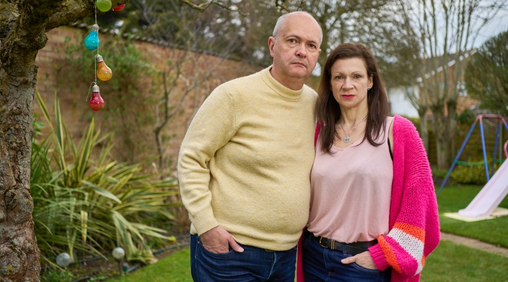The police are making more than 30 arrests a day over offensive posts on social media and other platforms. The Times has the story.
Thousands of people are being detained and questioned for sending messages that cause “annoyance”, “inconvenience” or “anxiety” to others via the internet, telephone or mail.
Custody data obtained by The Times shows that officers are making about 12,000 arrests a year under section 127 of the Communications Act 2003 and section 1 of the Malicious Communications Act 1988.
The acts make it illegal to cause distress by sending “grossly offensive” messages or sharing content of an “indecent, obscene or menacing character” on an electronic communications network.
Officers from 37 police forces made 12,183 arrests in 2023, the equivalent of about 33 per day. This marks an almost 58 per cent rise in arrests since before the pandemic. In 2019, forces logged 7,734 detentions.
The statistics have provoked criticism from civil liberties groups that the authorities are over-policing the internet and threatening free speech using “vague” communications laws.
As director of public prosecutions, Sir Keir Starmer issued Crown Prosecution Service guidance stating that offensive social media messages should only lead to prosecution in “extreme circumstances”.
Analysis of government data shows that the number of convictions and sentencings for communications offences has dramatically decreased over the past decade.
According to Ministry of Justice figures, there were 1,119 sentencings for Section 127 and Section 1 offences in 2023, down by almost half since 2015 when 1,995 people were found guilty of the crimes.
There are several reasons for arrests not resulting in sentencing, such as out-of-court resolutions. But the most common is “evidential difficulties”, specifically that the victim does not support taking further action.
There has been an outcry about police “overreach” and fears that officers could be “curtailing democracy” by arresting people for malicious communications offences.
According to the data obtained by The Times, the force with the highest number of arrests in 2023 was the Metropolitan Police (1,709), the largest force in the UK, followed by West Yorkshire (963) and Thames Valley (939). However, when adjusted for population, Leicestershire police had the highest rate of arrests per 100,000 with 83. Cumbria police was second (58) and Northamptonshire police third (50).
The total arrest figures are likely to be far higher because eight forces failed to respond to freedom of information requests or provided inadequate data, including Police Scotland, the second largest force in the UK. Some forces also included arrests for “threatening” messages, though these do not fall under the specified sections.
Toby Young, the founder and director of the Free Speech Union, said his organisation was helping half a dozen people who were being prosecuted for section 127 or section 1 offences.
They include David Wootton, 40, who is appealing against a conviction for dressing up as the Manchester Arena bomber, Salman Abedi, for a Halloween party last year.
He had posted images on social media showing him wearing an Arabic-style headdress, and the slogan “I love Ariana Grande” on his T-shirt, and carrying a rucksack with “Boom” and “TNT” written on the front. Wootton was arrested and admitted sending an offensive message online. He faces up to two years in prison.
Young accused police forces of being “over-zealous in pursuing people for alleged speech crimes”.
He added: “Given that only 11 per cent of the violent and sexual offence cases in England and Wales were closed after a suspect was caught or charged in the year to June 2024, a steep decline on previous years, it seems extraordinary that the police are wasting so much time arresting people for hurty words.
“Sir Keir Starmer emphatically denied there is a free speech crisis in Britain when JD Vance raised this with him at the White House, but this data suggests we have a serious problem.”
Worth reading in full.






